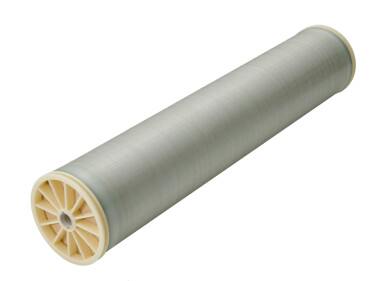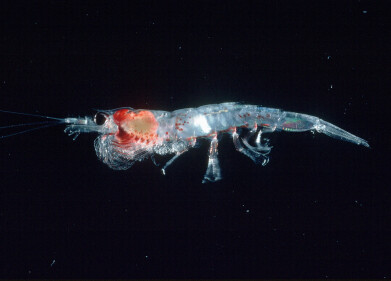-
 'Full Service in Place' – NETZSCH has now transferred this concept, already successful with rotary lobe pumps, to the progressing cavity pumps.
'Full Service in Place' – NETZSCH has now transferred this concept, already successful with rotary lobe pumps, to the progressing cavity pumps. -
 The rotating unit can be removed toward the side or upward and re-inserted in a straightforward manner via the new inspection opening. The time required for replacing parts is reduced by more than half.
The rotating unit can be removed toward the side or upward and re-inserted in a straightforward manner via the new inspection opening. The time required for replacing parts is reduced by more than half.
Water/Wastewater
Special design enables maintenance of progressing cavity pumps with minimum effort
Jan 25 2017
Time is a critical economic factor today in almost all industry sectors: Customers are increasingly unwilling or unable to wait for deliveries while global competition constantly introduces new products to the market. This means for production that processes must interrelate smoothly and downtimes be avoided as much as possible – including necessary interruptions, e.g. for maintenance and repair. The expert NETZSCH Pumps & Systems has therefore developed the 'Full Service in Place' (FSIP®) concept for pump systems. This makes interventions in the pump equipment possible without dismantling from the piping. The new design saves time on inspection, repair and cleaning work while even reducing the required installation space. This approach has proven itself in practice already for several years with the TORNADO® T2 rotary lobe pumps, and the FSIP® version of the progressing cavity pump which was introduced at the Achema trade fair in 2016 is now be available.
The performance of the progressing cavity pump was coupled with a certain price so far: Maintenance of the delivery elements was very laborious. The entire pump had to be dismantled from the piping to remove the rotor and stator. As a result, any major work on the pump was accompanied by extended downtime, lost production and personnel deployment. To create a much more convenient and effective solution the engineers from NETZSCH used the example of the T2 rotary lobe pump as a model. The pump does not need to be dismantled from the piping; all work activities can be performed directly on site. The pump expert therefore refers to this scenario as 'Full Service in Place' concept, which significantly reduces the time of maintenance work while minimising resources and costs. Due to these properties, the pumps are used especially for media causing marked wear or in difficult conditions, since they simplify unavoidable work on the unit considerably.
To enable implementation of the FSIP principle also for the progressing cavity pumps, a special inspection cover was engineered instead and integrated in the design. The cover is held by five screws that can be removed completely without special tools and in a short amount of time.
Rotor maintenance of the next generation: Open, uncouple, remove
The maintenance opening is located where the stator connects with the pump housing. Removing the cover provides access to a two-piece clamping coupling connecting the joint on the rotor with the coupling rod. Only one screw needs to be removed here to separate the rotor-stator element from the coupling rod. The rotating unit can subsequently be simply lifted out, and the inside of the pump is freely accessible from flange to flange. As all parts are removed toward the side or upward instead from the end of the pump, hardly any space is needed for dismantling. The previously required dismantling length is no longer an issue; the necessary installation space is therefore shortened considerably – an important factor for the usually quite long progressing cavity pumps.
Replacing parts in half the time
The FSIP pump, is designed for the pump housing to act as a support and orientation scale at the same time. The special layout thus ensures that each part finds its intended location. Positioning is practically an automatic process, and the installer or operator does not need to re-adjust anything. All in all, any wearing part can be replaced in less than half the previous time. The actual delivery geometry is not changed for the 'Full Service in Place' progressing cavity pump. The customary performance is thus preserved in spite of simplified maintenance. According to size, already installed pumps can be retrofitted to the new standard FSIP ready without any problem. Only the drive train assembly and/or the housing need to be replaced.
Events
Carrefour des Gestions Locales de L'eau
Jan 22 2025 Rennes, France
Jan 29 2025 Tokyo, Japan
Feb 05 2025 Nantes, France
Feb 16 2025 Kampala, Uganda
Feb 26 2025 Chennai, India



-as-feedstock.jpg)





